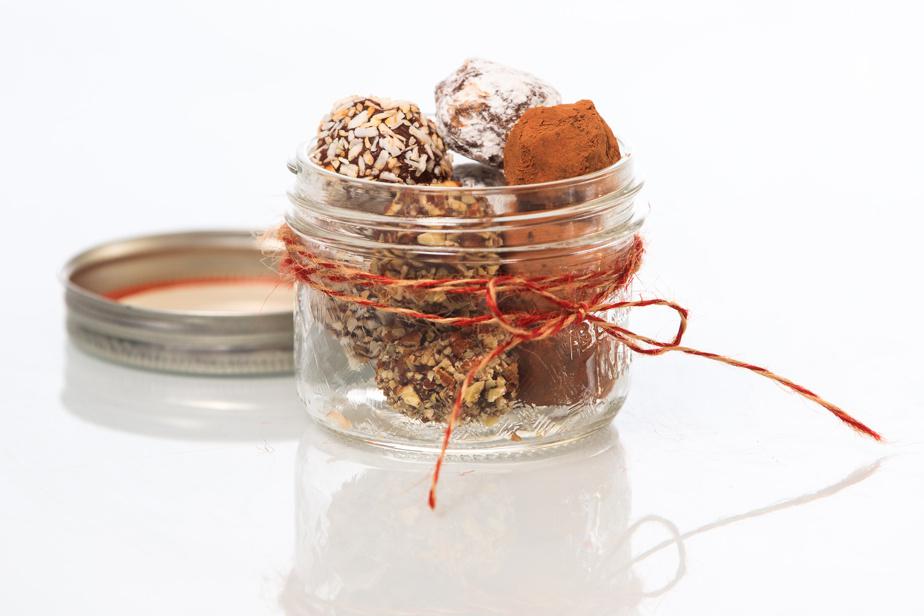Hypoallergenic milk: why give it to your baby?
The composition of hypoallergenic milk is formulated to minimize the risk of allergies in infants. A controversial infant formula. Explanations.
What is hypoallergenic milk?
Also called HA milk or partially hydrolyzed protein milk, hypoallergenic milk is formulated to prevent the risk of allergies in babies. It is particularly recommended in a context of proven family allergy. This infant milk, sold exclusively in pharmacies, is available as a 1st age preparation and now also as a 2nd age preparation.
Read alsoWhat is the composition of hypoallergenic milk?
In HA milks, “cow's milk proteins are partially transformed by hydrolysis, they are cut into smaller molecules to reduce the potential allergic”, explains naturopediatrics specialist Candice Levy in her book “What milks for my baby?” (ed. Le Souffle d’Or).
Nutritionally comparable to conventional infant milk, hypoallergenic milk covers the nutritional needs of the baby, who therefore does not need to be supplemented. The expert also points out that, “all infant milks also contain vitamins and minerals”.

HA milk: in which cases should it be used?
Hypoallergenic milk does not in any way act as a treatment. It will be used only for the purpose of preventing a possible allergy. This infant milk should therefore not be offered to a baby already suffering from a proven cow's milk protein allergy (APLV) or lactose intolerance.
In this type of situation, the pediatrician may prescribe an infant formula (PPN) based on advanced protein hydrolysates, that is to say that the proteins will be even more broken down than in hypoallergenic milks.
It will be used in case of:
Read alsoWhat are the benefits of HA milk for babies?
For Candice Levy, specialist in naturopediatrics, hypoallergenic milk has several advantages for the child:
Which HA milk to choose?
“Infant formula (INF) is generally recommended by a pediatrician or doctor, who ensures that it is well adapted to the child and his or her problematic”, recalls Candice Levy.
A healthcare professional will be best suited to help you make your choice based on your baby's family history and any signs of discomfort they are showing.
Read alsoHypoallergenic milk subject to controversy
Far from being unanimous among pediatricians, HA milk does not have the expected effectiveness according to several studies published in recent years. In June 2019, the journal Pediatric Allergy and Immunology revealed the results of research work carried out by Inserm and Inra. "There is no protective effect of these products against possible allergic manifestations (eczema, asthma, food allergies, wheezing)", underlines the newspaper.
The researchers also noted that this type of infant milk was "associated with a higher risk of eczema and wheezing at 1 year in children with a family history of allergy, and with a greater risk of food allergy at 2 years in those with no history."
A new European regulation requiring extensive clinical studies on these breastmilk substitutes should come into force in the course of 2021.
Read alsoAuthor: Camille Moreau, JournalistArticle published on







